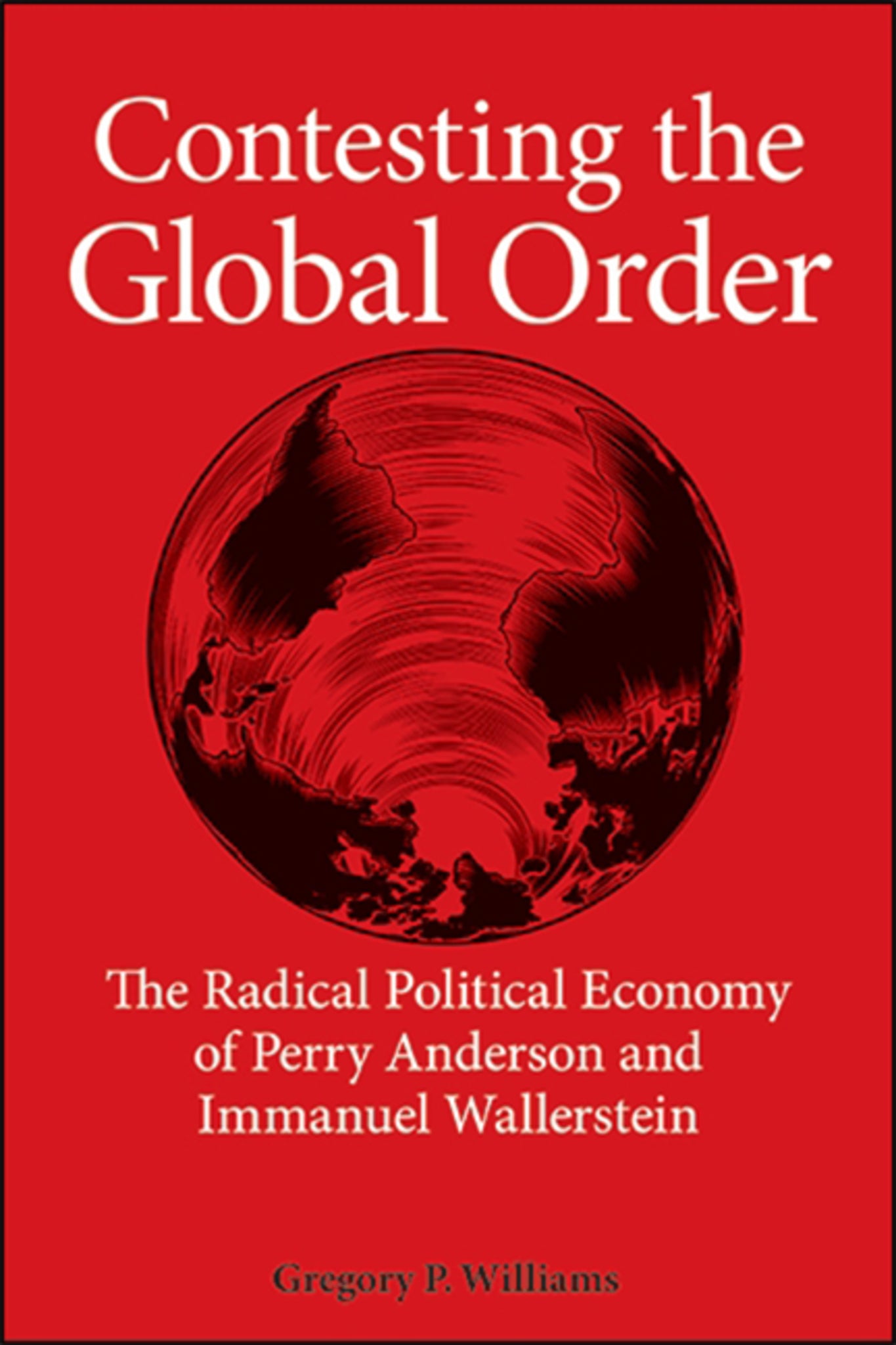We're sorry. An error has occurred
Please cancel or retry.
Contesting the Global Order

Some error occured while loading the Quick View. Please close the Quick View and try reloading the page.
Couldn't load pickup availability
- Format:
-
01 September 2020

Examines how events in the Cold War and post–Cold War periods shaped the intellectual projects of Perry Anderson and Immanuel Wallerstein.
2021 CHOICE Outstanding Academic Title
Contesting the Global Order explores what it means to be a radical intellectual as political hopes fade. Gregory P. Williams chronicles the evolution of intellectual visionaries Perry Anderson and Immanuel Wallerstein, who despite altered circumstances for radical change, continued to advance creative interpretations of the social world. Wallerstein and Anderson, whose hopes were invested in a more egalitarian future, believed their writings would contribute to socialism, which they anticipated would be a postcapitalist future of relative social, economic, and political equality. However, by the 1980s dreams of socialism had faded and they had to face the reality that socialism was neither close nor inevitable. Their sensitivity to current events, Williams argues, takes on new significance in this century, when many scholars are grappling with the issue of change in a world of declining state power.


"Above all, its comparative investigation is what makes Contesting the Global Order a distinctive contribution to Radical Political Economy. Not only is this a relatively uncommon undertaking in the field, it is also a challenging one. Comparative intellectual biographies require their authors to master the intellectual trajectories and outputs of their subjects, and then make the critical decision of choosing the right axes of comparison. Even more crucially, the actual substance of comparison has to be parsimoniously presented in order to be effective. Williams does a great job on all these scores." — E-International Relations
"This is a thoroughly impressive first book by a young scholar … Highly recommended." — CHOICE
"Williams's book offers a sustained analysis of two of the most significant contributors to twentieth-century radical political economy. In addition to learning about the specific features of their thought and getting a feel for the arc of their lives' work, one also encounters useful debates among radical anticapitalist thinkers over central political concepts." — Jane Anna Gordon, author of Statelessness and Contemporary Enslavement
Acknowledgments
Introduction: Radical Political Economy for an Age of Uncertainty
1. Cosmopolitan Beginnings
2. Ideational Lineages
3. The Year that Changed Everything
4. Ideas Need Institutions
Intermission I: Immanuel Wallerstein's New Pair of Glasses
5. There Is No Alternative
6. Shed a Tear for East European Communism?
Intermission II: Perry Anderson's Clear-Headed Radicalism
7. Do Not Believe What Great Powers Say
Conclusion: The Point Is to Interpret, and Then Change, the World
Notes
Bibliography
Index



